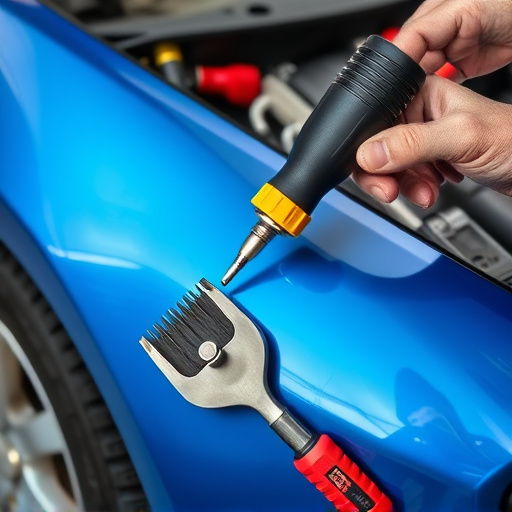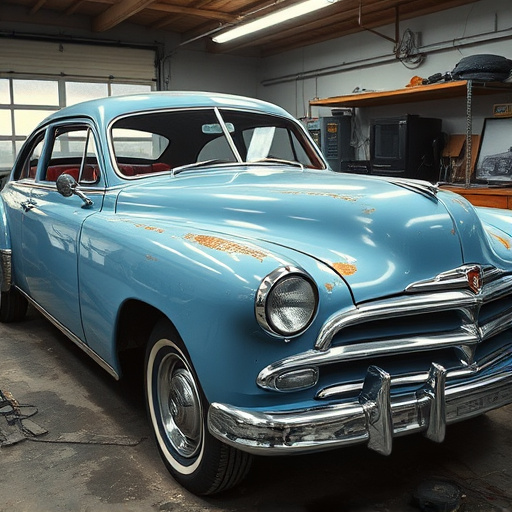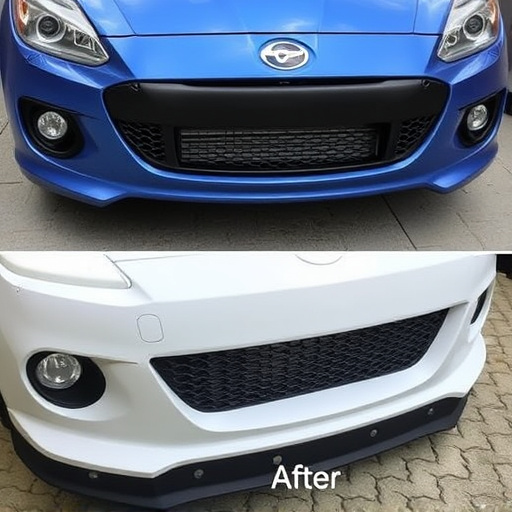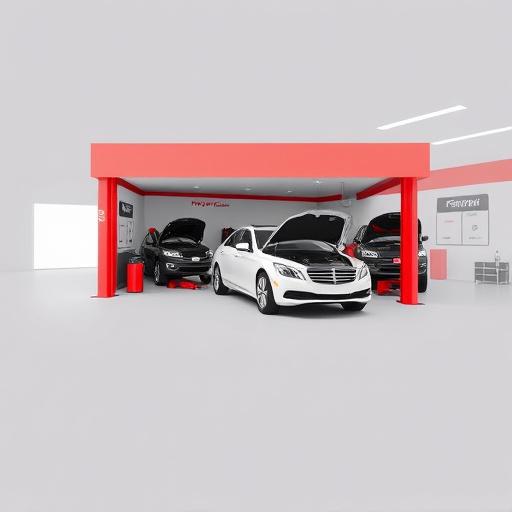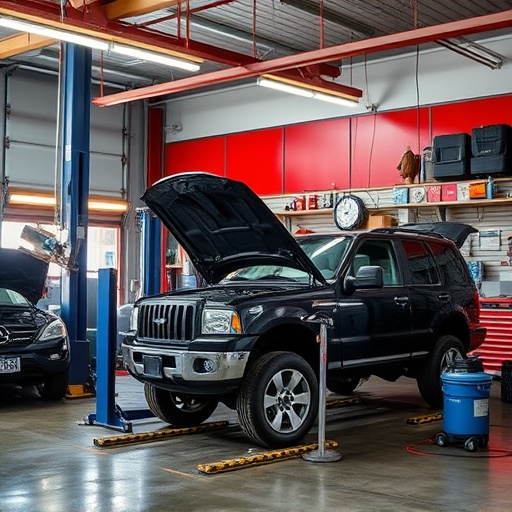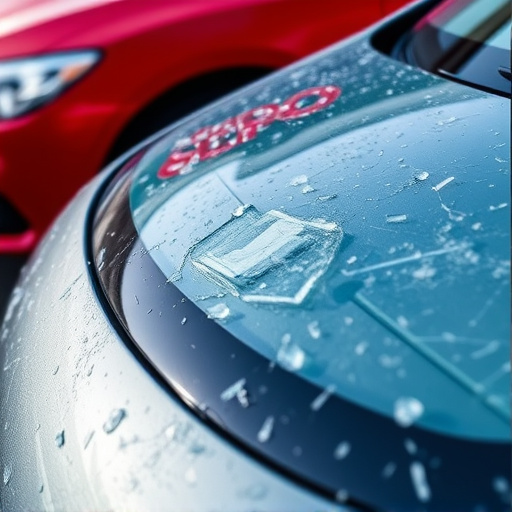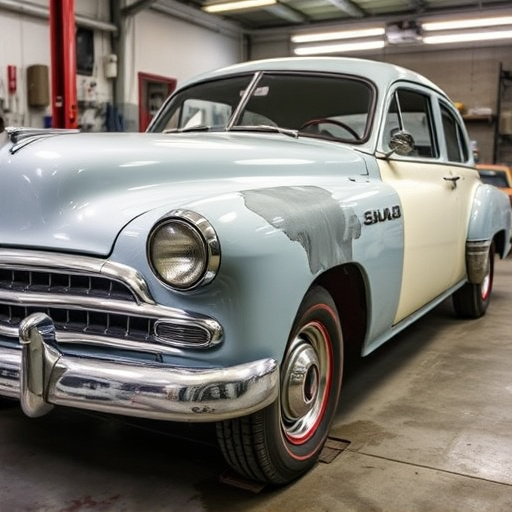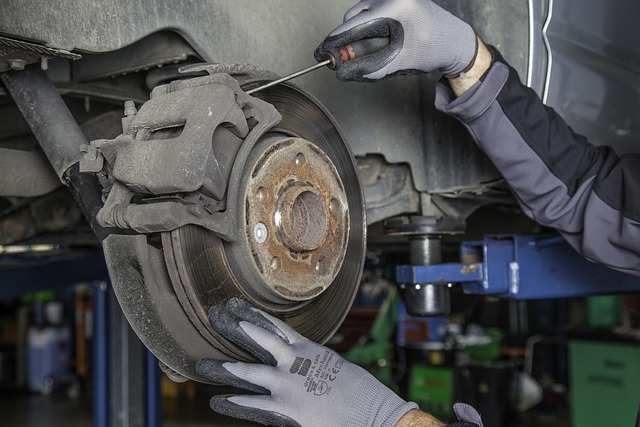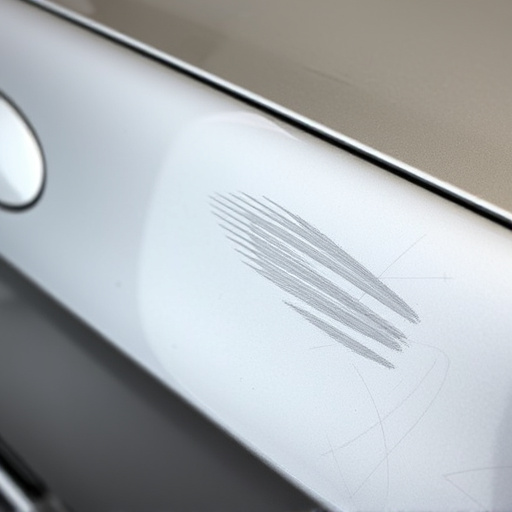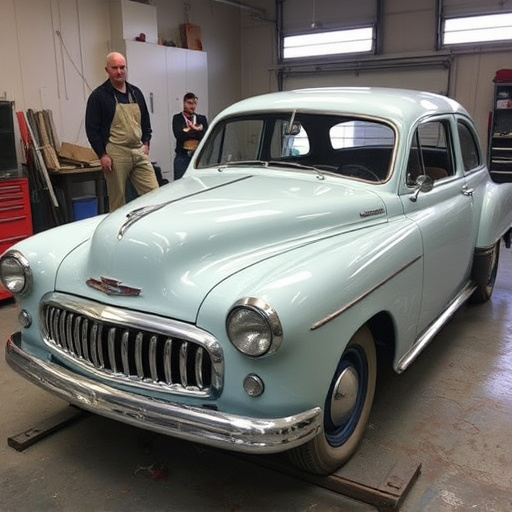Advanced adhesives are transforming industries with their strength and versatility, offering benefits like faster bonding, reduced mechanical fastenings, and enhanced structural integrity in applications from automotive bodywork to complex manufacturing. Choosing the right advanced adhesive application requires considering factors such as vibration resistance, temperature, weight load, chemical compatibility, environmental conditions, and working time. Best practices for implementation, including surface preparation, curing conditions, and adherence to manufacturer guidelines, ensure optimal results. Regular training is crucial to maximize the benefits of advanced adhesives across diverse sectors.
Discover the power of maximizing advanced adhesive applications in today’s industrial landscape. This comprehensive guide explores the intricate world of high-tech adhesives, revealing their unique properties and significant advantages over conventional bonding agents. Learn how the right adhesive selection can transform your projects, ensuring superior strength and durability. Additionally, we’ll uncover best practices for optimal implementation, providing insights into achieving peak performance in various industries, from manufacturing to construction.
- Understanding Advanced Adhesives: Properties and Advantages
- Choosing the Right Adhesive for Your Application
- Implementing Best Practices for Optimal Bonding and Performance
Understanding Advanced Adhesives: Properties and Advantages
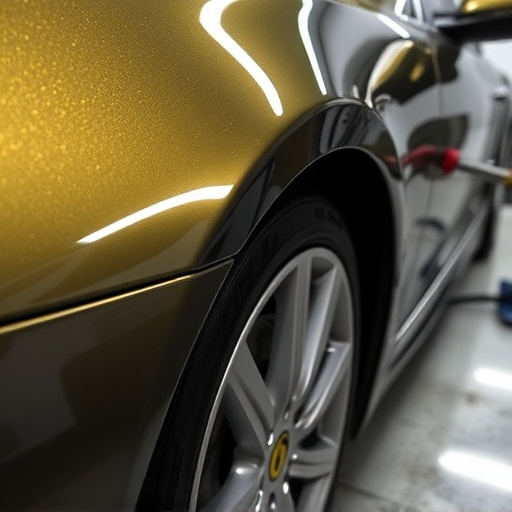
Advanced adhesives are transforming various industries, offering unparalleled bonding strength and versatility for complex applications. These innovative materials go beyond traditional adhesives by combining unique properties like high-temperature resistance, exceptional chemical durability, and superior adhesion to a wide range of substrates. In the realm of advanced adhesive applications, their advantages are multifaceted.
For instance, in the automotive industry, they play a pivotal role in modern car bodywork services and automotive body work. Advanced adhesives enable faster bonding times, reduce the need for cumbersome mechanical fastenings, and enhance structural integrity, contributing to lighter vehicle construction and improved fuel efficiency. Their ability to bond to challenging materials like plastics, composites, and various metals makes them indispensable in contemporary vehicle body shops, fostering innovative designs and superior durability.
Choosing the Right Adhesive for Your Application

Selecting the appropriate adhesive is a crucial step in any advanced adhesive application process. The right adhesive ensures optimal bonding strength and longevity for your project, whether it’s in an auto body shop or for intricate industrial repairs. Understanding the specific requirements of your application is key to making this choice. For instance, in auto repair near me, professionals need adhesives that can withstand vibration, extreme temperatures, and the weight of vehicle components while providing a durable seal.
For advanced adhesive applications, consider factors like chemical compatibility, resistance to environmental elements, and working time (open time) when choosing your adhesive. Different adhesives are designed for specific tasks, such as bonding metal, plastic, or composite materials. For example, a high-performance polyurethane adhesive might be ideal for Mercedes Benz collision repair due to its exceptional strength and flexibility, ensuring a seamless restoration.
Implementing Best Practices for Optimal Bonding and Performance

Implementing best practices is paramount to achieving optimal results in advanced adhesive applications. This includes preparing surfaces meticulously before application, ensuring proper environmental conditions during curing, and strictly adhering to manufacturer guidelines for mixing ratios and application techniques. For instance, in autobody repairs, such as Mercedes-Benz collision repair, a clean, dry, and grease-free panel is essential for strong bonding. The use of primers or undercoats might be necessary depending on the substrate material to enhance adhesion.
Furthermore, understanding the specific properties of different adhesives tailored for advanced applications can significantly impact performance. For scenarios like car scratch repair, choosing an adhesive with superior flexibility and resistance to thermal expansion and contraction will ensure longevity and prevent future damage. Regular training and staying updated with industry standards help professionals implement these best practices, thereby maximizing the benefits of advanced adhesive applications across various sectors.
Maximizing the benefits of advanced adhesive applications involves a deep understanding of these innovative materials, selecting the right product for your specific needs, and adhering to best practices for optimal bonding. By leveraging the unique properties and advantages of advanced adhesives, you can achieve superior performance in various industries, ensuring long-lasting results and opening doors to new possibilities in manufacturing, construction, and more.
